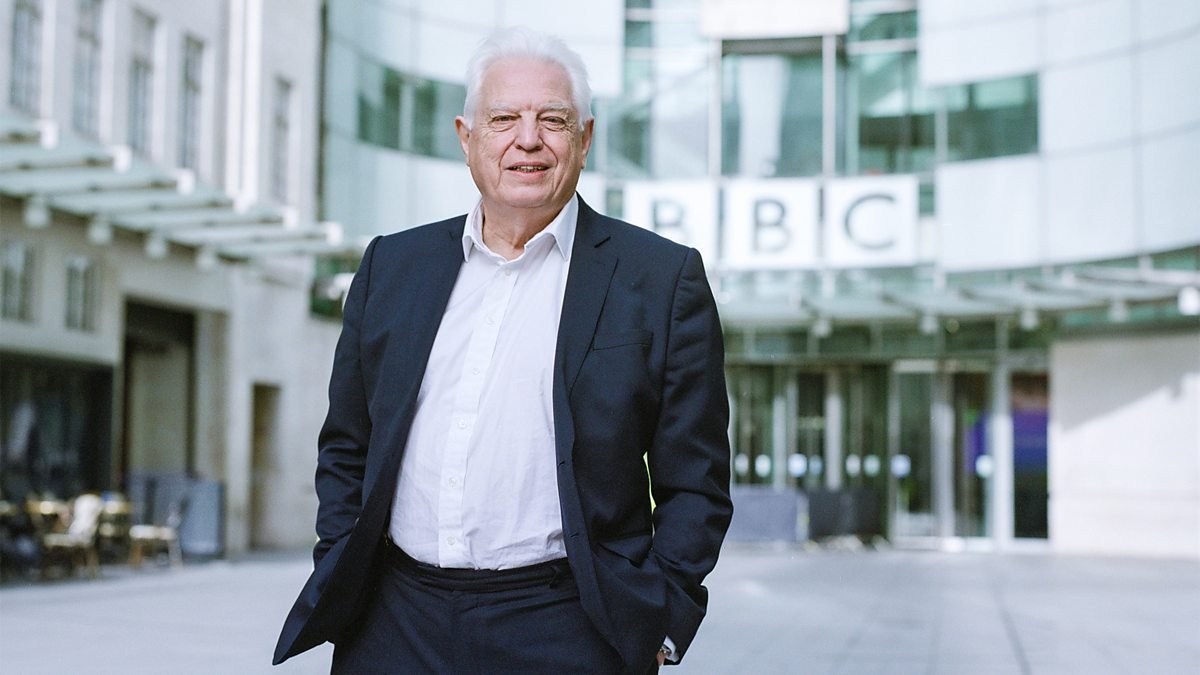Journalist John Simpson recently responded to criticism on why the BBC did not refer to Hamas’ gunmen (who attacked Israel on October 7) as terrorists.
Referring to government ministers, newspaper columnists, and “ordinary people”, the foreign correspondent and world affairs editor of BBC News pointed out that it is not the job of a news agency to take sides or hand out labels.
“Terrorism is a loaded word, which people use about an outfit they disapprove of morally. It’s simply not the BBC’s job to tell people who to support and who to condemn – who are the good guys and who are the bad guys,” he said.
He reminded the people that the basis of his answer goes right back to the BBC’s founding principles.
“The key point is that we don’t say it in our voice. Our business is to present our audiences with the facts, and let them make up their own minds.”
With 50 years of reporting experience on the Middle East, Simpson has seen the aftermath of of Israeli bombing and artillery attacks on civilian targets in Lebanon and Gaza.
“The horror of things like that stay in your mind forever”, he said. “But this doesn’t mean that we should start saying that the organisation whose supporters have carried them out is a terrorist organisation, because that would mean we were abandoning our duty to stay objective.
And it’s always been like this in the BBC. During World War Two, BBC broadcasters were expressly told not to call the Nazis evil or wicked, even though we could and did call them “the enemy””
He also quotes a BBC document stating, “there must be no room for ranting” and that the “tone had to be calm and collected”.
“We don’t take sides”, he concluded. “We don’t use loaded words like ‘evil’ or ‘cowardly’. We don’t talk about ‘terrorists’. And we’re not the only ones to follow this line. Some of the world’s most respected news organisations have exactly the same policy.”







